Leadership for the Greater Good:
Global Thought Leaders Explore Today's Challenges
ILA’s blog launched in March 2020 amid a world struggling to make sense of the pandemic, racial inequality, and challenges to democracy. We charge our bloggers to apply their leadership knowledge and practical wisdom to inform and inspire us as we continued our work of advancing leadership knowledge and practice for a better world. Bloggers include authors from 12 countries spanning 5 continents.

If you find these reflections to be of value in your work and life, please consider becoming part of ILA’s leadership community. Join Today!

Wolves, Foxes, Unicorns, and Rhinoceroses: Reflecting on Leaders and Symbolic Animals
Leaders of the countries with the greatest number of covid-19 deaths spent so much energy proclaiming fabular days are approaching that the opposite of a Wolf has arrived – the golden age of floW, a world where unicorns range freely, dispensing largesse at will to their entranced followers.
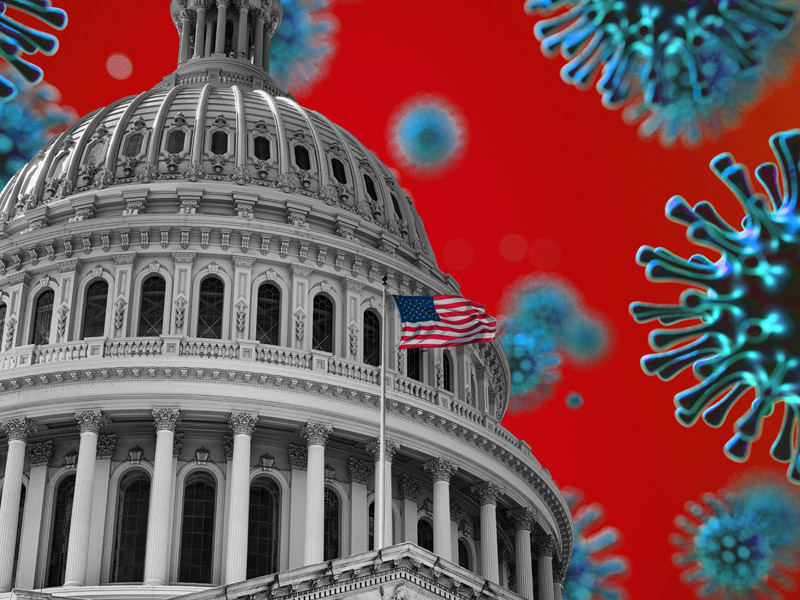
Science of Leadership Is Next Frontier in Eradicating COVID-19
Operation Warp Speed, the Trump administration’s program to accelerate the development, manufacture, and distribution of a Covid-19 vaccine, cost an estimated $14 billion and enabled some of the world’s elite scientists to set an astonishing record for the speed of development of new vaccines. Then came the rollout.

Good People Need Good Leaders
In the light of the January 6th insurrection, Katherine Tyler Scott explores what it means to be a good person and the need for more leaders who understand what it really means to be good – leaders with integrity and empathy who can help resolve conflict rather than exploit it for their own narcissistic gains.
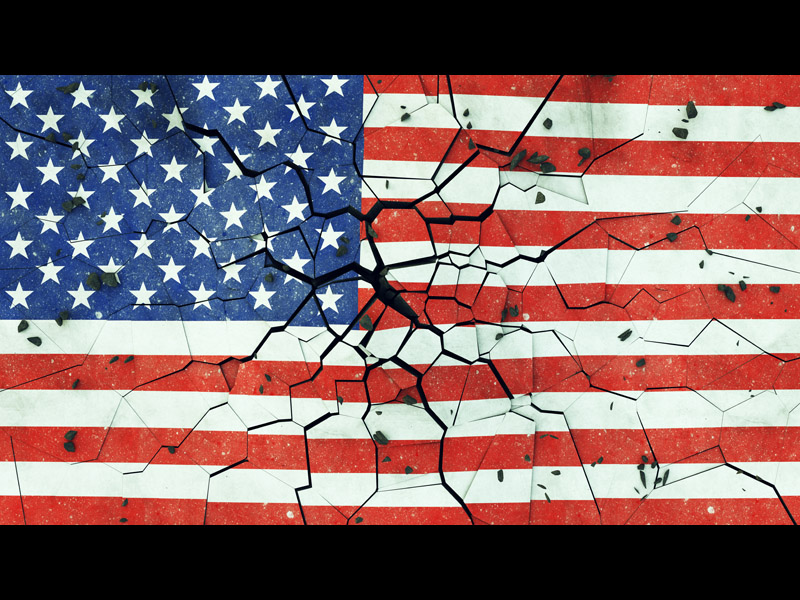
Democracy Is Being Undermined by Stealth: Reflections on the Demagogue and the Failed Washington Putsch
Democracy expert Matt Qvortrup provides insightful analysis into recent events: “What we saw in Washington, D.C. on the 6th of January was a Putsch egged on by a Demagogue. That is not opinion. It is not hyperbole. It is a strict fact.”
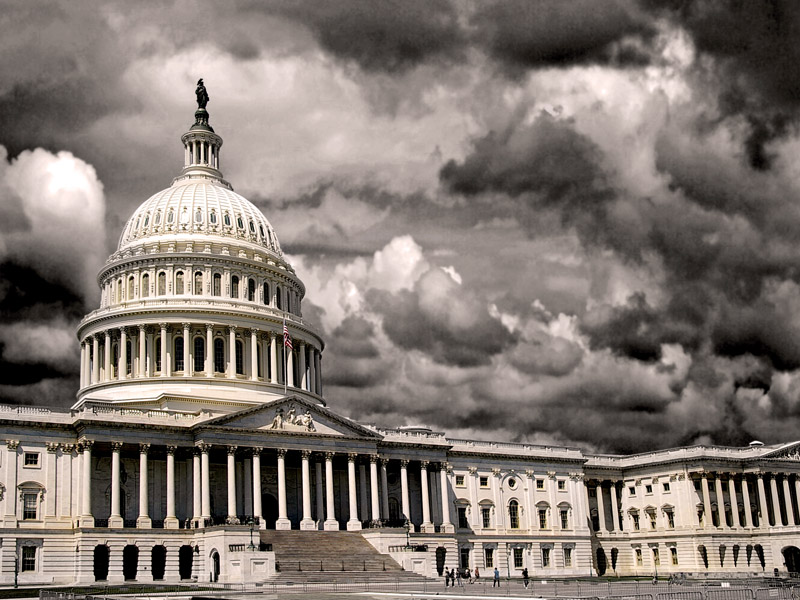
Permission to Riot: Leadership and the Role of ‘les Enfants Perdus’
Keith Grint places the events of 6 January in the USA within the historical framework of les enfants perdus. With democracy at stake, can U.S. Republicans become the “heroes of retreat”?
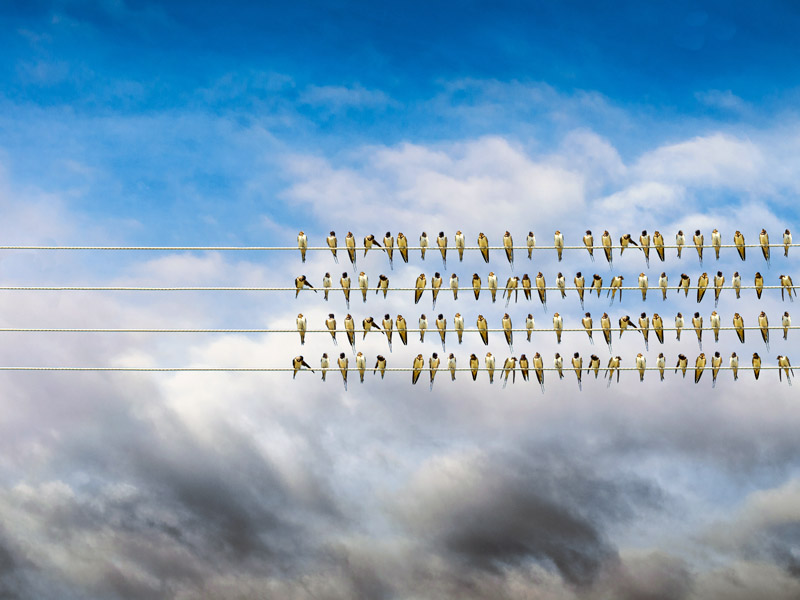
Followership: The Good, the Bad, and the Ugly
The past 12 months have vividly demonstrated the crucial role followership plays in our communal life. Ira Chaleff explores the best and the worst of the past year.

The Future of Business Education
What is the coronavirus pandemic’s impact on management schools? What does the future hold for business school infrastructure?

Individual Freedom and the Common Good
The assumption that we must choose between Individual Freedom “Or” the Common Good feeds our polarization. These two powerful values are both essential. How can we come together over these values, so that we can work together to limit the damage of COVID-19?
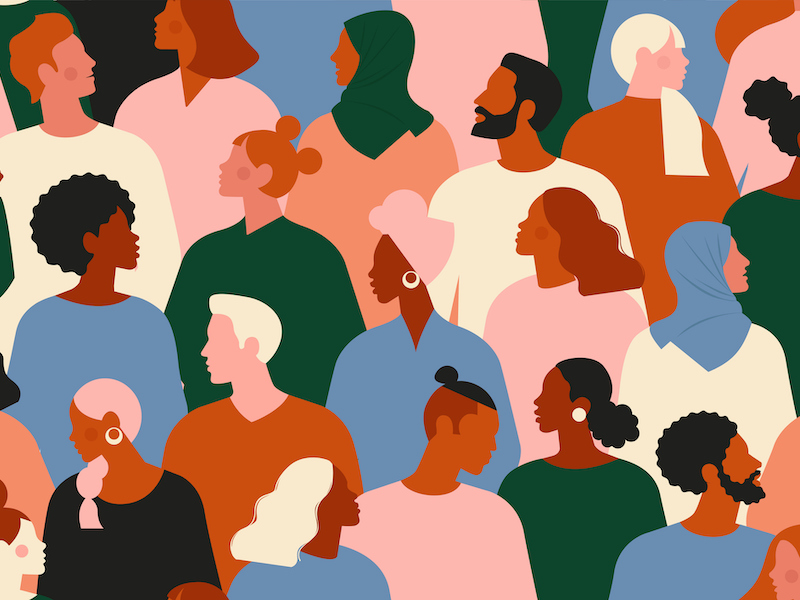
Repairing the Breach Through Public Kinship
Public Kinship is the willingness to publicly assume responsibility and to act out the phrase “love thy neighbor as thyself.” It is an acknowledgement that we are a family and we act accordingly. How can we develop a framework to make these values real and applicable to all?

Practice Gratitude for Your Team – and Develop a Culture of Appreciation in Your Workplace
It’s OK to recognize that we’re living in challenging circumstance, but you have the power to lift the clouds in your workplace by infusing a tone of gratitude into your company culture. In this latest blog, Peter Weng shares tips and strategies for individuals and leaders.

Leaders Who Lust in Our Midst
The leadership industry — leadership centers and institutes, leadership programs and courses, leadership teachers and trainers — sells moderation. In fact, sometimes leadership, including leadership that is exceptionally effective, is quite the opposite. Sometimes leaders are excessive.

Gendering Leadership in Times of COVID: The Case of the “Strong Man”
The striking image of a maskless Donald Trump standing defiantly on the White House balcony on his return from hospital exemplifies the so-called “strong leadership” associated with men and masculinity. Why is the notion of the male strong leader still so influential and persistent?

